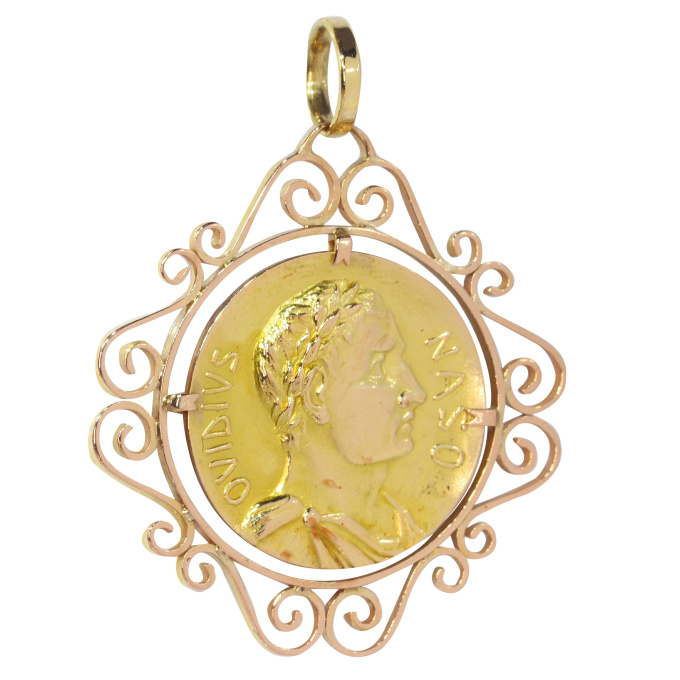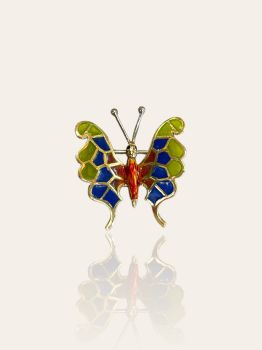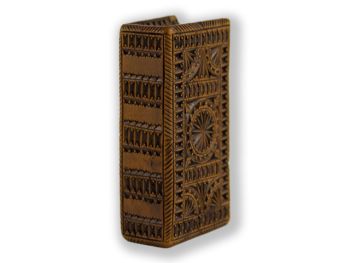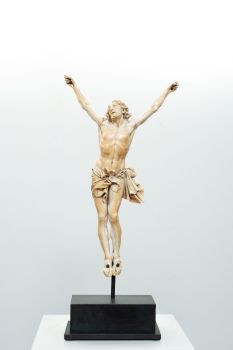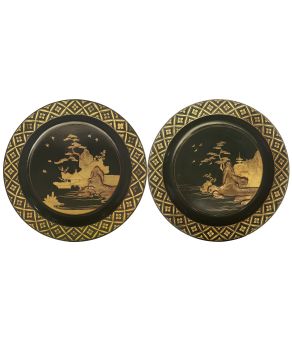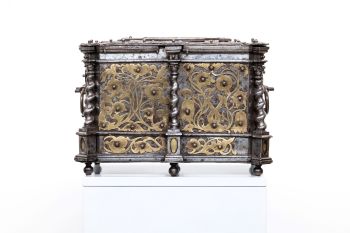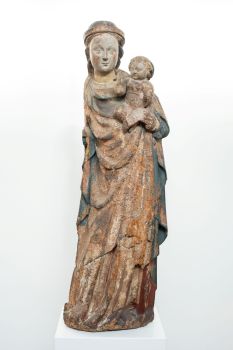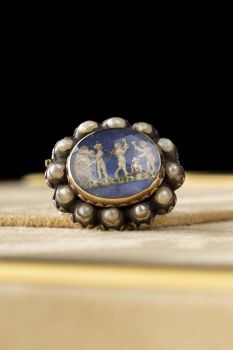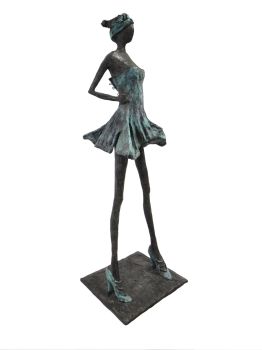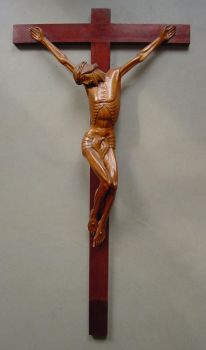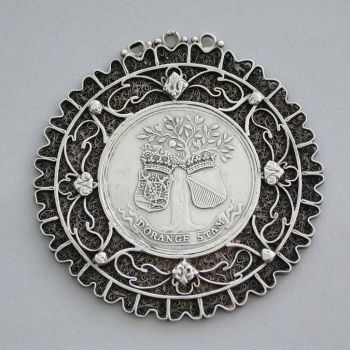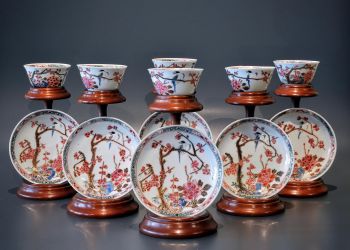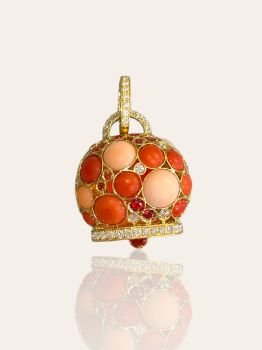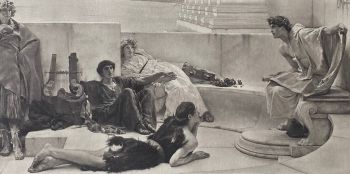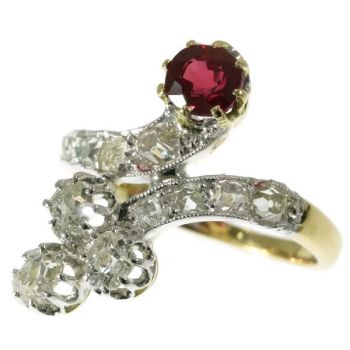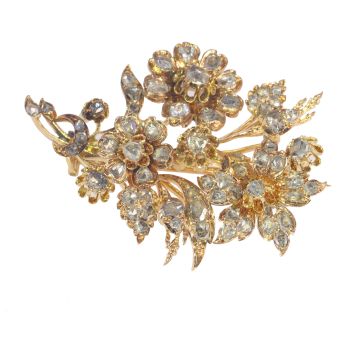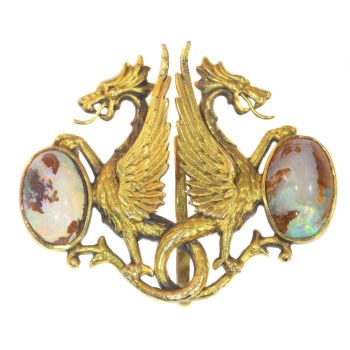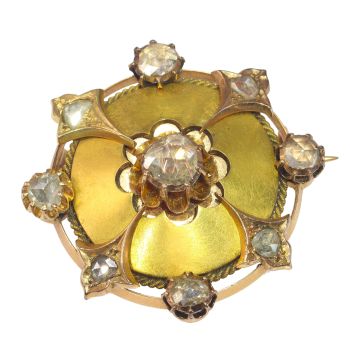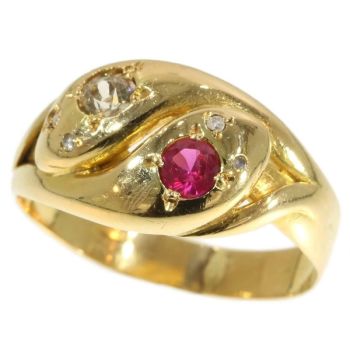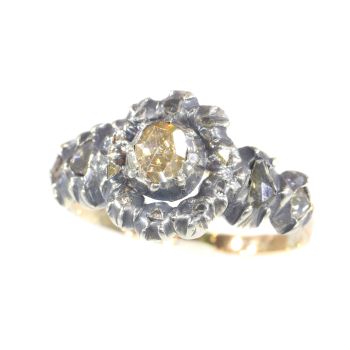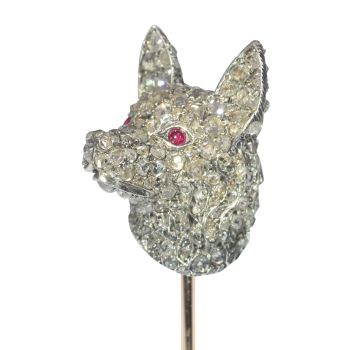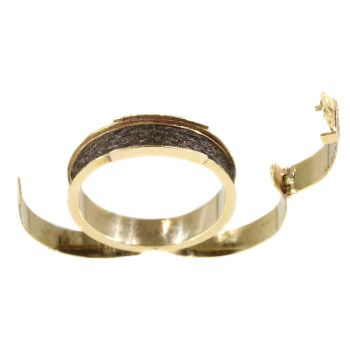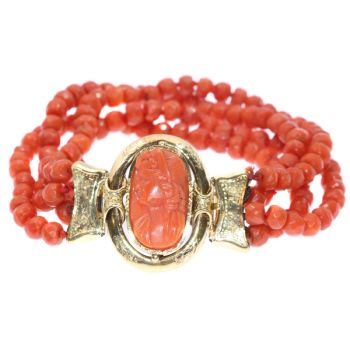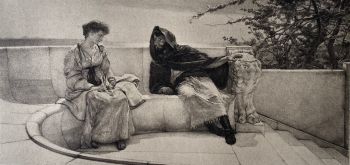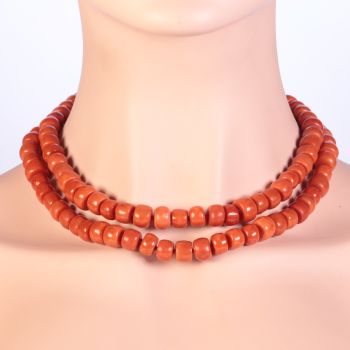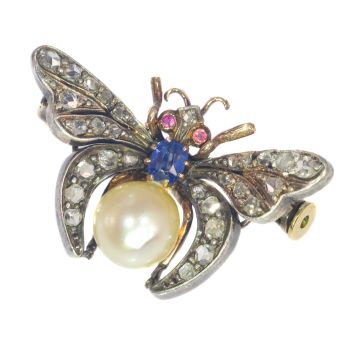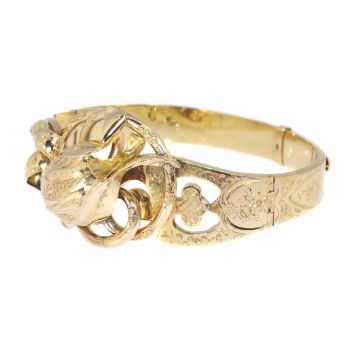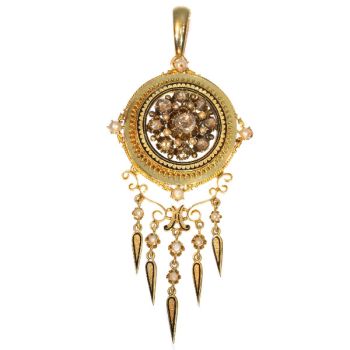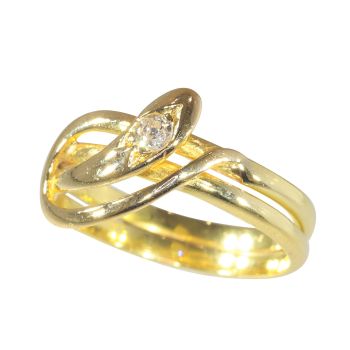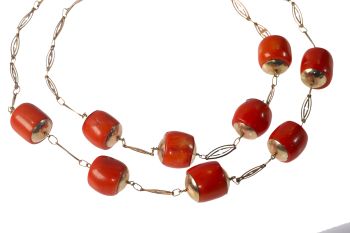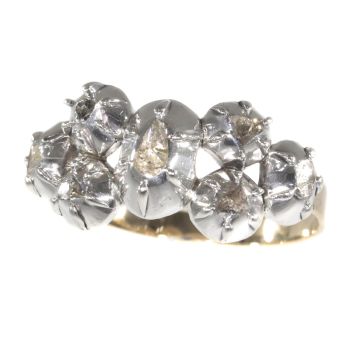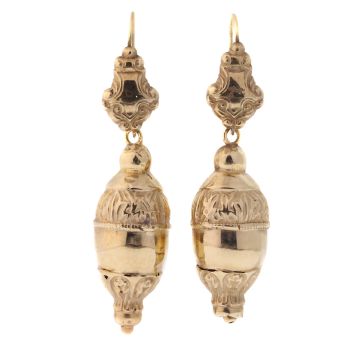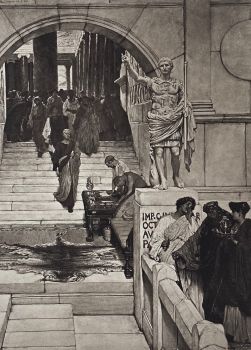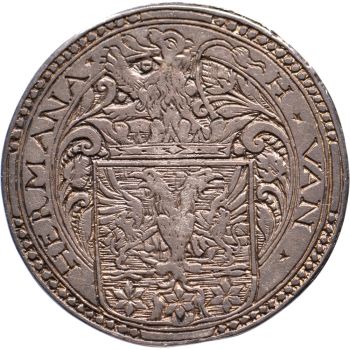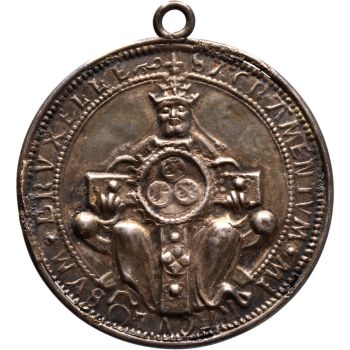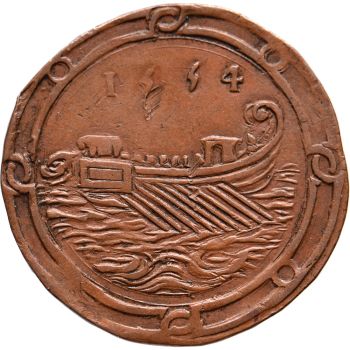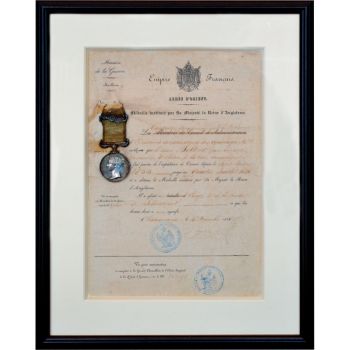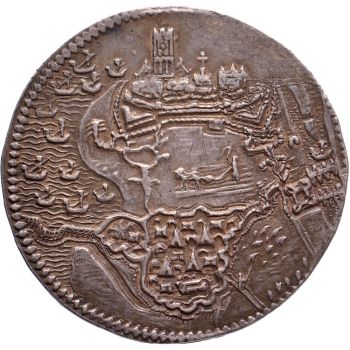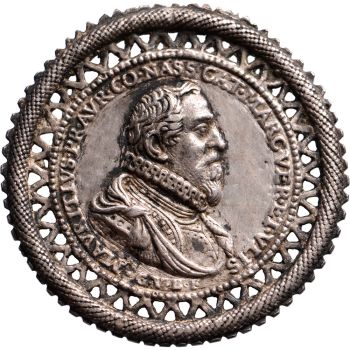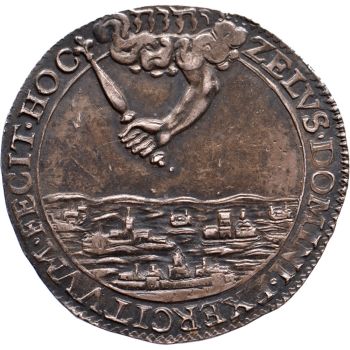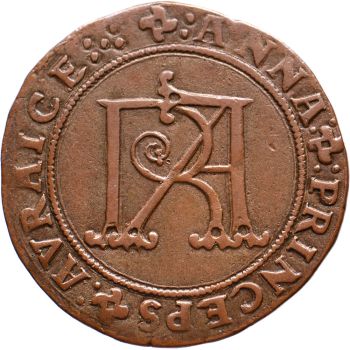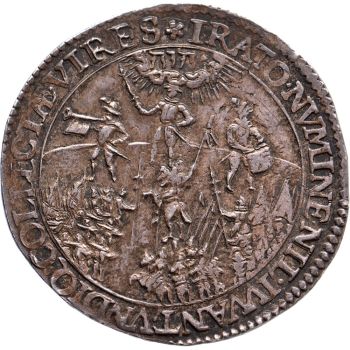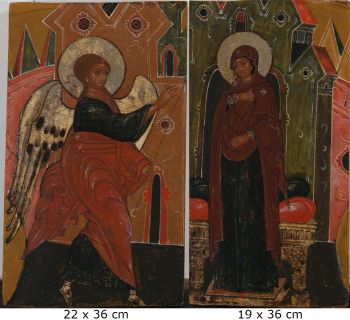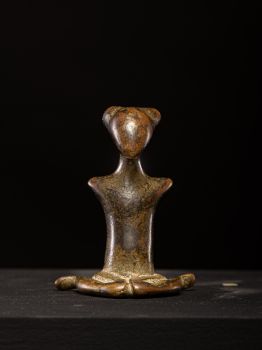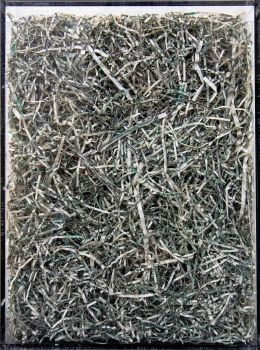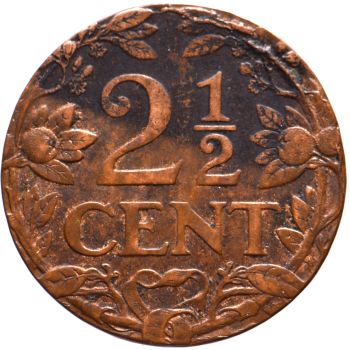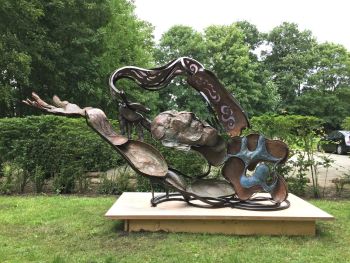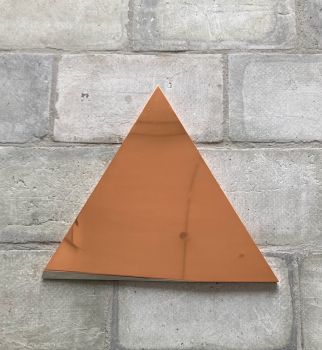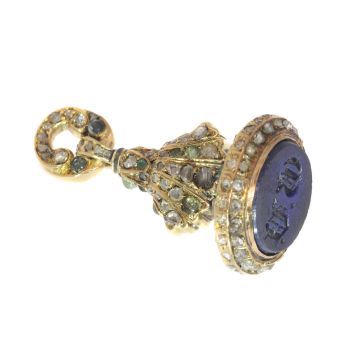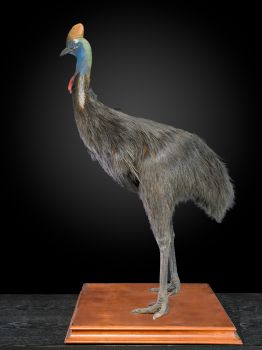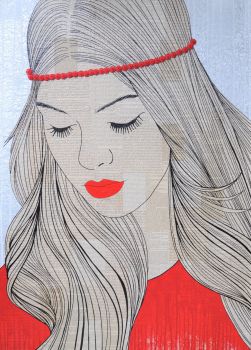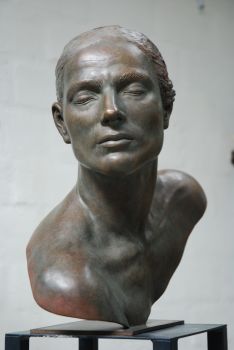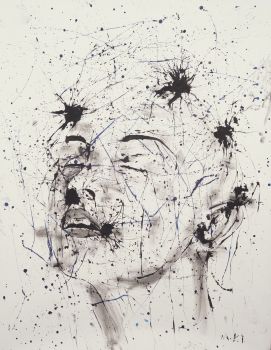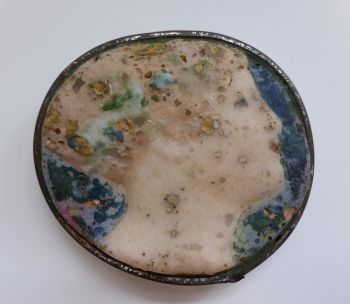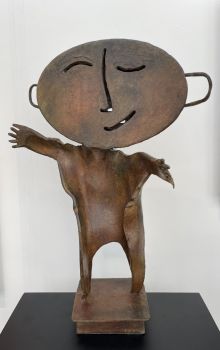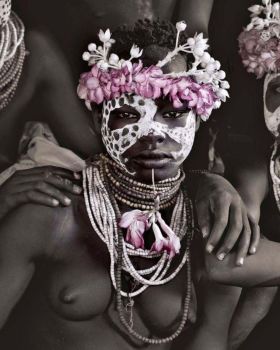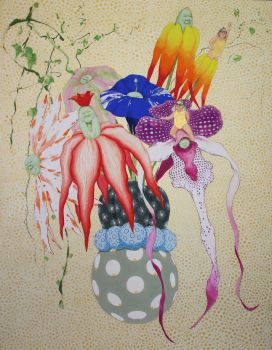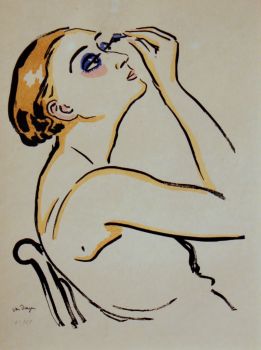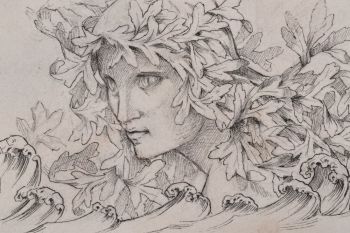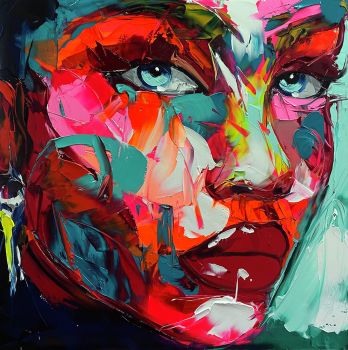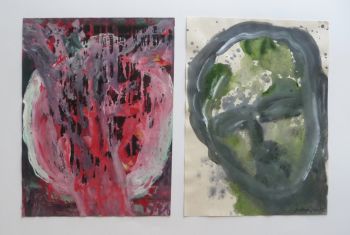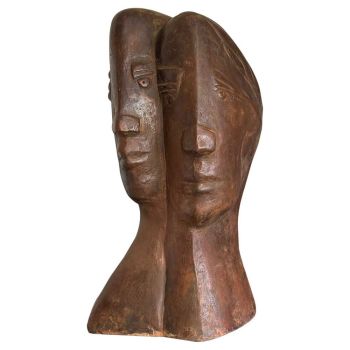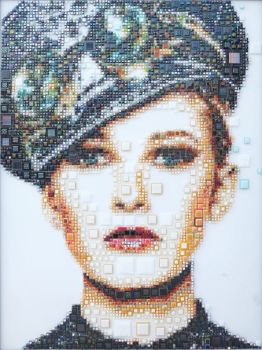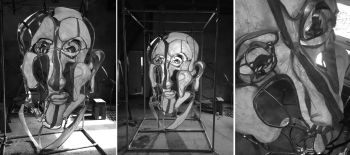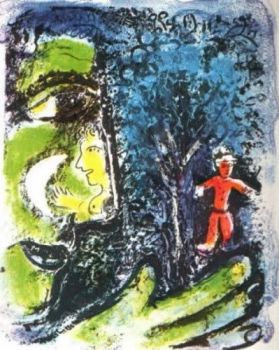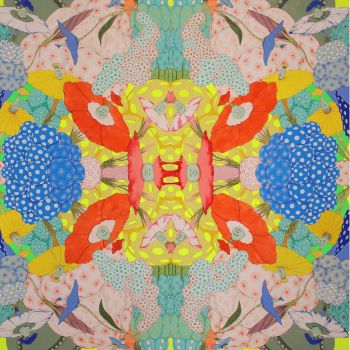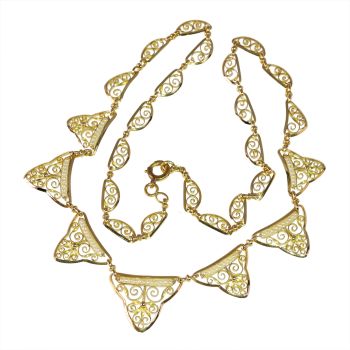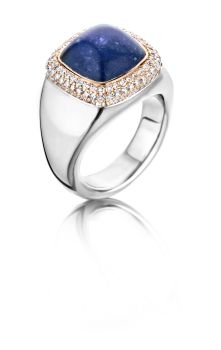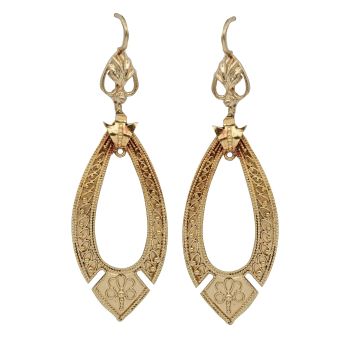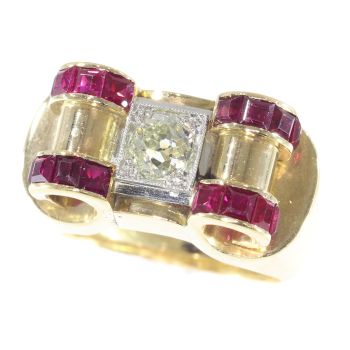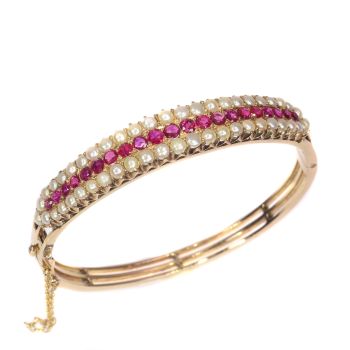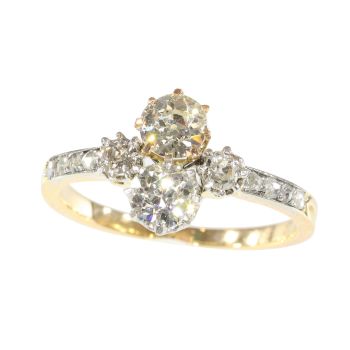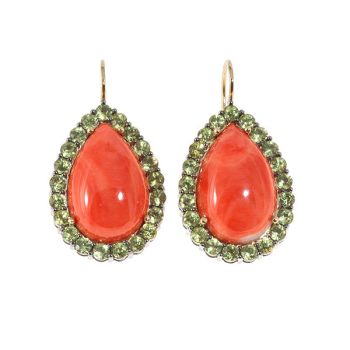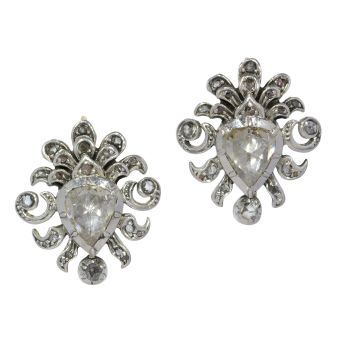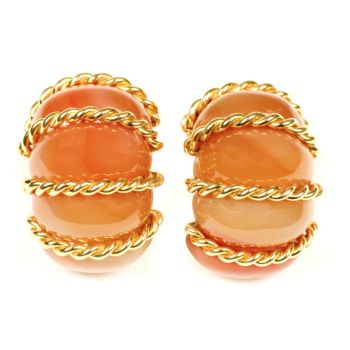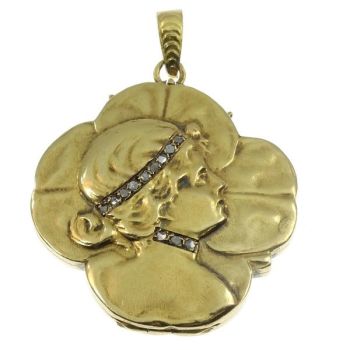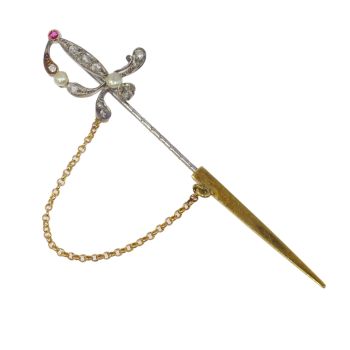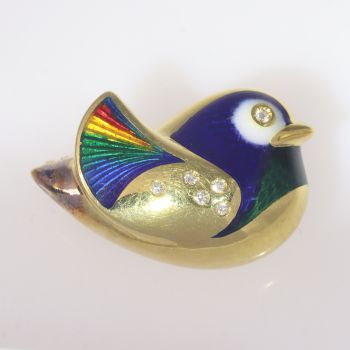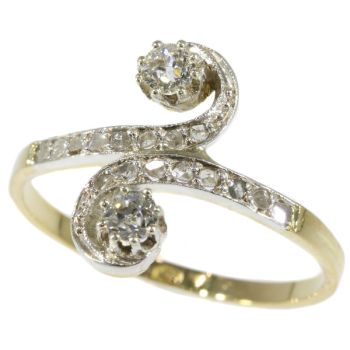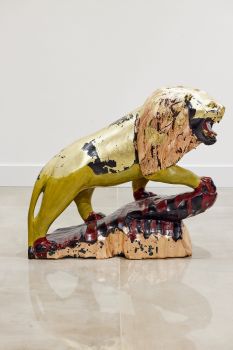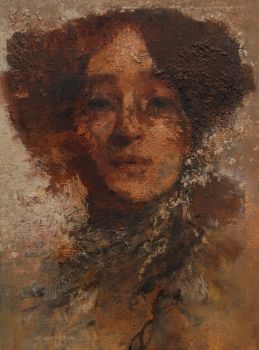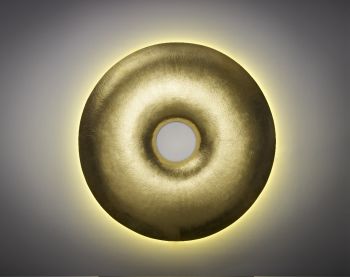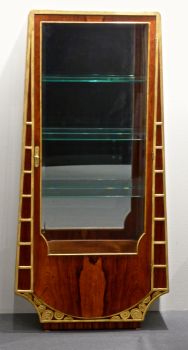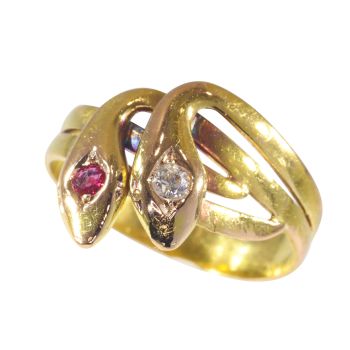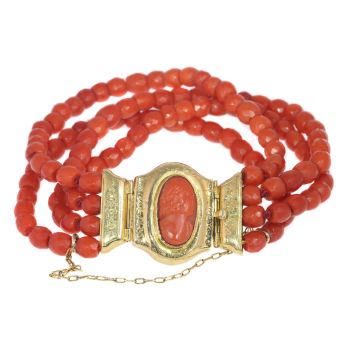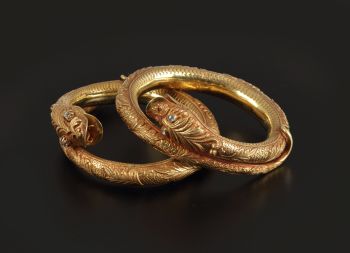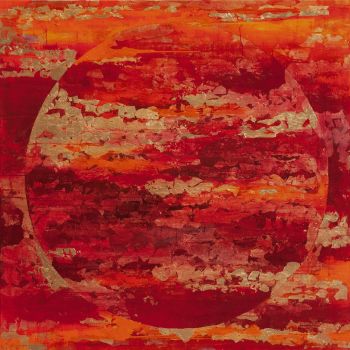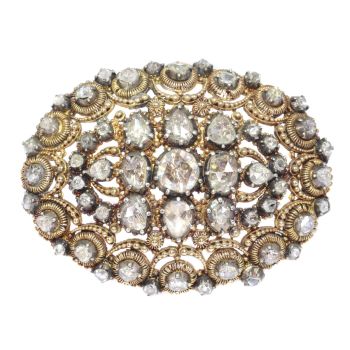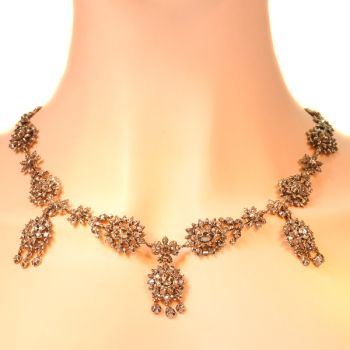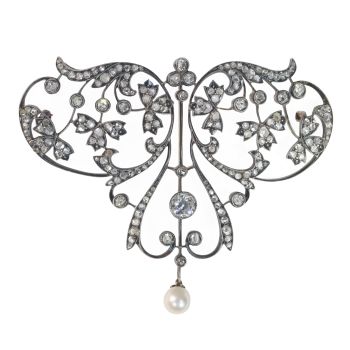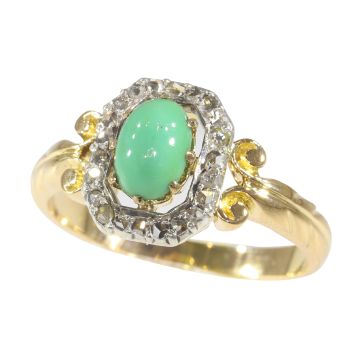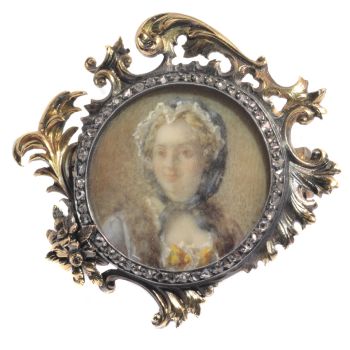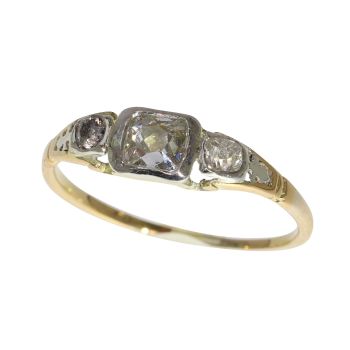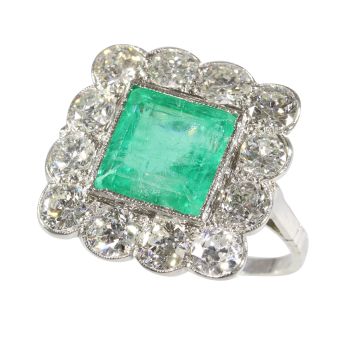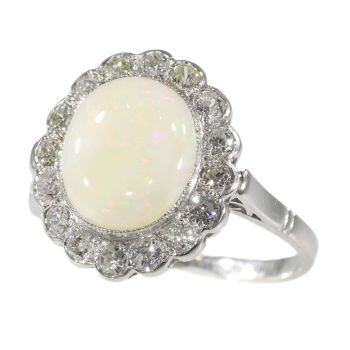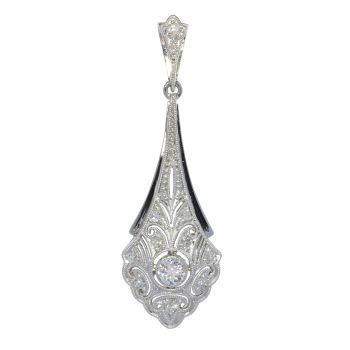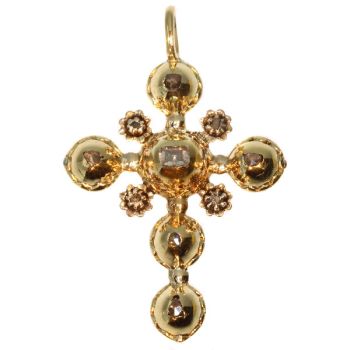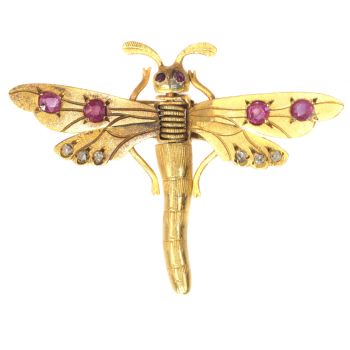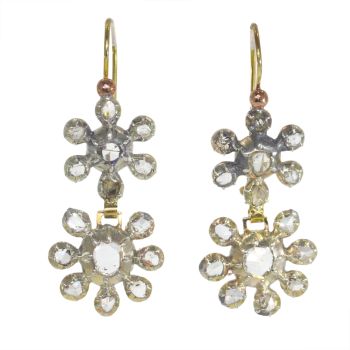Antique gold medal with the face of Ovid, one of the three canonical poets of Latin literature 1890
Onbekende Kunstenaar
Goud
€ 675
Adin Fine Antique Jewellery
- Over kunstwerk
Antique jewelry object group
pendant
Condition
very good condition
more info on our condition scale
Country of origin
unknown
Style
Late-Victorian - Victorian decorative arts refers to the style of decorative arts during the Victorian era. The Victorian era is known for its eclectic revival and interpretation of historic styles and the introduction of cross-cultural influences from the middle east and Asia in furniture, fittings, and Interior decoration.
Victorian design is widely viewed as having indulged in a regrettable excess of ornament. The Arts and Crafts movement, the aesthetic movement, Anglo-Japanese style, and Art Nouveau style have their beginnings in the late Victorian era.
See also: late-Victorian
more info on styles
Style specifics
The Late or Aesthetic Victorian Period - Experts divide the reign of Queen Victoria, also called The Victorian era (1837-1901) into three periods of about twenty years each; The Romantic Victorian Period (1837 - 1860), The Grand Victorian Period(1860 - 1880), and the Late or Aesthetic Victorian Period (1880 - 1901).
We consider this to be of The Late or Aesthetic Victorian Period.
Jewelry of this period is changing back from heavy to more smaller, romantic pieces with often whimsical motifs. Jewelers using diamonds and bright gemstones in elaborated and fine feminine pieces.
Period
ca. 1890
Events & facts of this era, poetry of this era, fashion of this era.
Source of inspiration
Latin literature
Theme
Ovidius or Publius Ovidius Naso (20 March 43 BC – 17/18 AD), known in English as Ovid, was a Roman poet who lived during the reign of Augustus. He was a contemporary of the older Virgil and Horace, with whom he is often ranked as one of the threecanonical poets of Latin literature. The Imperial scholar Quintilian considered him the last of the Latin love elegists. Although Ovid enjoyed enormous popularity during his lifetime, the emperor Augustus banished him to a remote province on the BlackSea, where he remained a decade until his death.
Material
18K bi-color (yellow and red) gold (touchstone tested)
more info on precious metals
Hallmarks
No trace.
more info on hallmarks
Dimensions
height 3,88 cm (1,53 inch)
see picture with a ruler in millimeters and inches
Weight
4,30 gram (2,76 dwt)
Adin Reference Nº
22286-0143
Copyright photography
Adin, fine antique jewellery
Additional information
our latest acquisitions
jewelry glossary
wall of fame
visit us in Antwerp
subscribe to our mailinglist
- Over kunstenaar
Het kan voorkomen dat een kunstenaar of maker onbekend is.
Voor sommige werken is het niet te bepalen door wie het gemaakt is of dat het is gemaakt door (een groep) ambachtslieden. Voorbeelden zijn beelden uit de Oudheid, meubels, spiegels of handtekeningen die vaak niet duidelijk of leesbaar zijn. Maar ook sommige werken zijn helemaal niet gesigneerd.
Ook kunt u de volgende beschrijving vinden:
•"Toegeschreven aan …." waarschijnlijk een werk van de kunstenaar maar niet zeker of gedeeltelijk
•“Atelier van ….” of werkplaats van” een werk uitgevoerd in het atelier of atelier van de kunstenaar, eventueel onder zijn toezicht
•“Cirkel van ….” een werk uit de periode van de kunstenaar die zijn invloed laat zien, nauw verbonden met de kunstenaar maar niet noodzakelijkerwijs zijn leerling
•“Stijl van ….” of “Volger van ….” een werk uitgevoerd in de stijl van de kunstenaar, maar niet noodzakelijk door een leerling; kan eigentijds of bijna eigentijds zijn
•“Wijze van ….” een werk in de stijl van de kunstenaar maar van latere datum
•"Na …." een kopie (van welke datum dan ook) van een werk van de kunstenaar
•“Getekend…”, “Gedateerd….” of “Ingeschreven” dan is het werk gesigneerd/ gedateerd/ ingeschreven door de kunstenaar. De toevoeging van een vraagteken duidt op een element van twijfel
•"Met handtekening ...", "Met datum ...", "Met opschrift..." of “Draagt signatuur/datum/opschrift” dan is de handtekening/datum/opschrift toegevoegd door iemand anders dan de kunstenaar
Bent u geïnteresseerd om dit kunstwerk te kopen?
Artwork details
Related artworks
Onbekende Kunstenaar
Medieval Maria with child sculpture1450
Prijs op aanvraagRemco van Leeuwen Antiquair
Onbekende Kunstenaar
Series of 6 Chinese cups and saucers (Yongzheng period)1722 - 1735
Prijs op aanvraagKuipers Kunst & Antiek
1 - 4 / 12- 1 - 4 / 24
Onbekende Kunstenaar
N.d. Murder of Johan and Cornelis de Witt in The Hague1672
€ 2.250Jongeling Numismatics & Ancient Art
 Gecureerd door
Gecureerd doorDanny Bree
Onbekende Kunstenaar
RARE TAXIDERMY OF AN ADULT SOUTHERN CASSOWARY-CASUARIUS CASUARIUS1990 - 2000
Prijs op aanvraagSpectandum Gallery
1 - 4 / 24- 1 - 4 / 24
- 1 - 4 / 24
- 1 - 4 / 12

